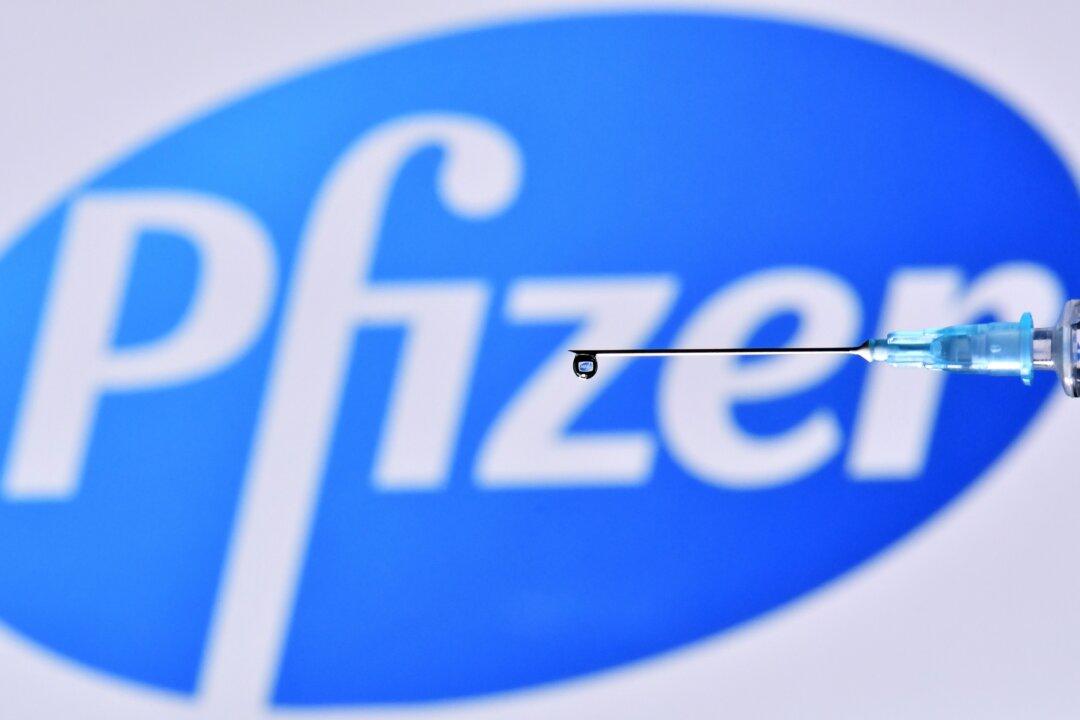The NHS has begun vaccinating pregnant women and older people against a usually mild respiratory virus that can occasionally cause serious complications in babies and the elderly.
Officials hailed the “landmark” respiratory syncytial virus (RSV) programme as one that could prevent thousands of hospital admissions, easing pressure on the NHS during winter.





